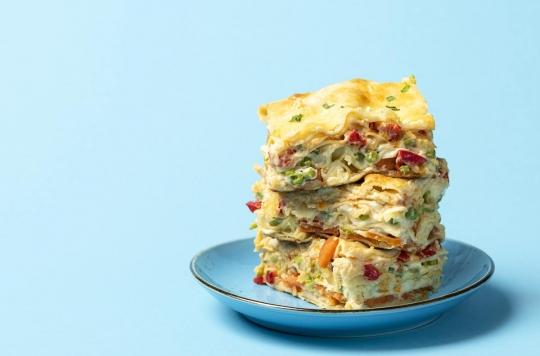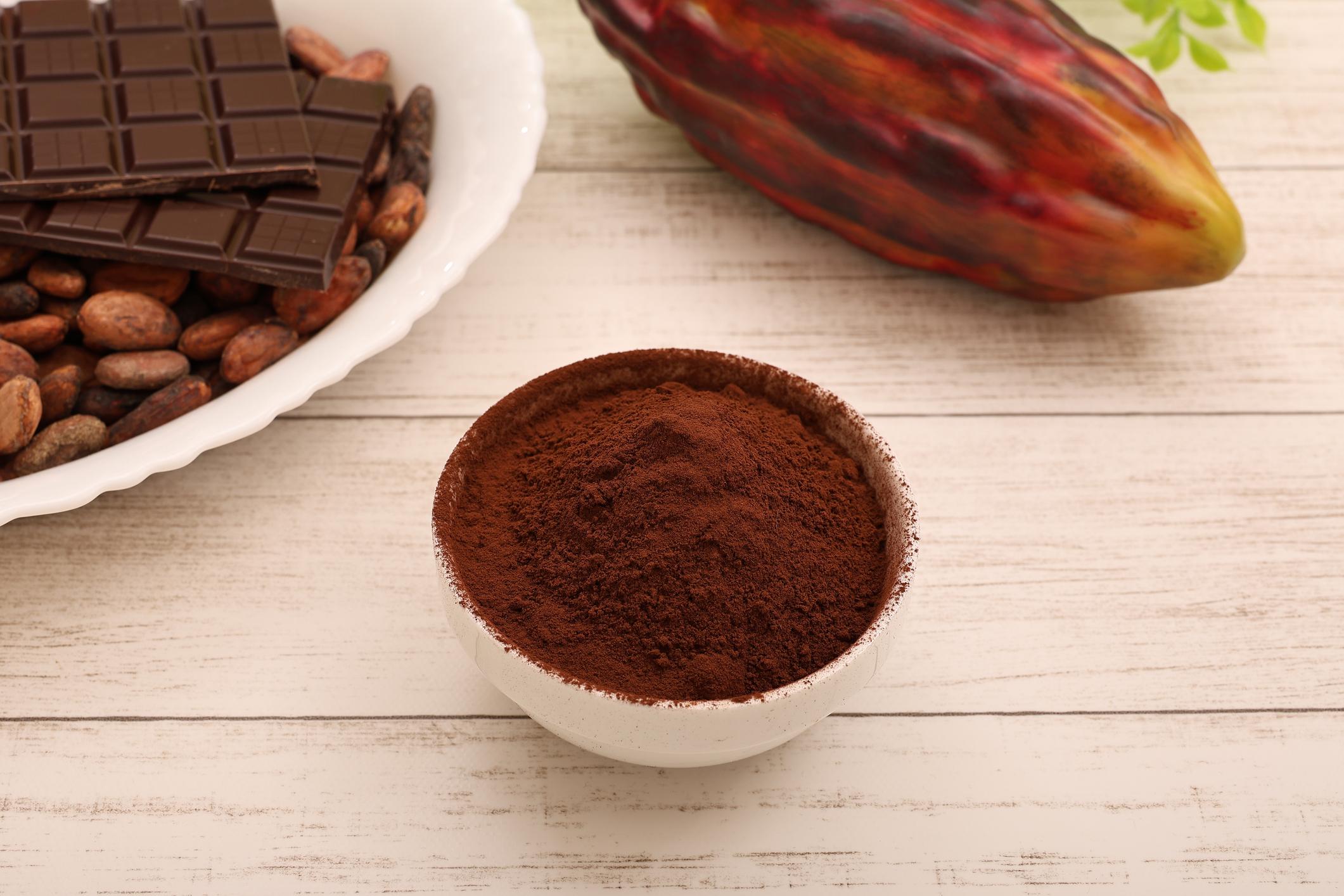The portion of food on the plate and the speed at which it is eaten would prevent overeating.

- When portion size is increased by 75%, food intake is 43% higher.
- Those who eat faster or take bigger bites tend to eat more.
- It takes between 15 and 20 minutes for the body to recognize that it is full and begin the digestion process.
If the goal is to lose weight, you must first make sure you put the right food on your plate. Studies have found that the vegan diet is the most effective. But that’s not all. Paying attention to the quantities and the speed at which you eat are important parameters to avoid swallowing too large portions. This is the conclusion of a new research carried out by American researchers from the University of Pennsylvania which will be presented this week at the virtual annual meeting of theAmerican Society for Nutrition.
Decrease bite size
The larger the portion served, the greater the amount ingested. Researchers have suggested that when portion size is increased by 75%, food intake is 43% higher. But that’s not all. Those who eat faster or take bigger bites tend to eat more. “I think our two main findings have implications for health and the amount of food we eat. And one more step to understand maintenance and weight gain”, concluded Paige Cunningham, author of the study.
For this study, researchers brought together 44 men and women for a weekly lunch for four weeks, giving them portions of macaroni and cheese of varying sizes in random order, served with water. Each of these meals was filmed in order to assess the speed at which the participants ate, as well as the size of their bites. The volunteers were between the ages of 18 and 68, and about two-thirds were women. Moreover, nearly one in two (45%) were overweight or obese.
Give the body time to recognize that it is full
Furthermore, the speed of eating did not change with larger portions, but participants ate larger amounts when they ate faster or took larger bites. According to the study authors, why people eat more when they eat faster may be a matter of the body’s response to how long food is in a person’s mouth. “When we eat very quickly, the food obviously spends less time in our mouths.explains Paige Cunningham. And when we take really big bites, the food spends less time in our mouths. So these signals take longer, it takes longer for these signals to tell us to stop eating and we end up eating more when we take bigger bites and eat faster.”
Slowing down your eating speed may not be easy for everyone. “Although slowing down can be an option to reduce overeating, it’s hard to do.continues Barbara Rolls, professor in the Department of Nutritional Sciences at the College of Health and Human Development from the University of Pennsylvania and co-author of the study. Some evidence suggests that feeding speed is a genetic behavior.” For Dana Hunnes, professor at the Fielding School of Public Health at the University of California at Los Angeles (UCLA), which did not participate in the study, it takes between 15 and 20 minutes for the body to recognize that it is full and begin the digestion process.
















